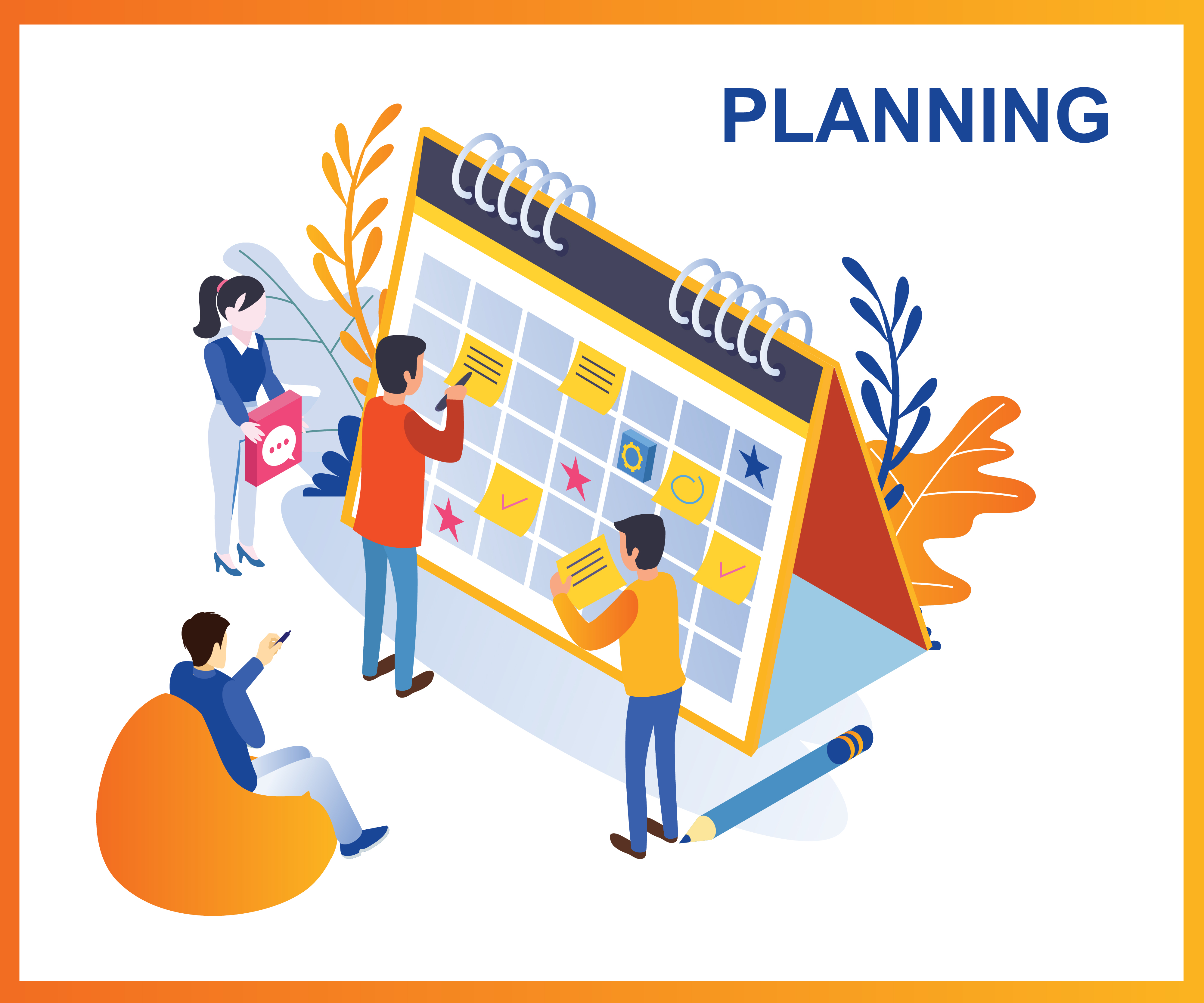Entering college life must be difficult because, in this part of achieving the goal you want in the future, you need a lot of effort to be able to meet those goals. You need to be ready so that you will not experience trouble in the future.
Tips won't harm the students who are willing to learn and grow in the future. This can be helpful for preparing for college life.
TIPS
1. Don't Cram!
Cramming overstresses the brain and strains it beyond its capacity. Anxiety, annoyance, exhaustion, and even disorientation is increased when the brain is overworked too much, too frequently. The brain requires time to breathe, unwind, and refocus, just like the physical body does.
2. Plan Ahead and Stick to It!
Plan ahead is to plan, to make arrangements, for something a long time in advance. When you plan something, you simply intend to do it, typically at a specific time.
3. Ask for HelpAsking for help doesn't mean you're stupid or inadequate, it simply means you need help with something specific for a time. Instead of seeing that we are giving others an opportunity to contribute, we think that asking for help means we are a burden.
4. Use The Buddy System
The buddy system is a method of increasing the efficiency of two individual by pairing them together as a single unit. It's probable that your fellow students are facing similar challenges to your own. Make contact with your classmates and organize a study group so that you may discuss the content, come up with ideas, and help one another through difficult times.
5. Find Your Learning Style
A learning style is the way that different students learn. A style of learning refers to an individual's preferred way to absorb, process, comprehend and retain information. The four key learning styles are: visual, auditory, tactile and kinaesthetic.
There is a limit to how much information the brain can process at once, so studies have shown that taking breaks during study sessions improves retention. Research has also shown that wakeful rest is just as important as practice when learning a new skill because it helps our brains compress and consolidate memories of previously practiced material. To ensure that your brain is ready to process new information, make sure you are giving yourself enough time, relaxation, and sleep in between study sessions.
7. Cultivate a Productive Space Students learn best when they are in a positive and safe environment that engages and challenges them intellectually. A great physical learning space understands the importance of creating an environment that is conductive to learning and considers the many factors that can impact how effectively someone can learn. For example, lighting, noise levels, even the color of the walls in the room.
8. Reward Yourself
It's important to acknowledge your efforts and celebrate small rewards for studying as victories along the way. By incorporating rewards into your study routine, you can motivate yourself, boost productivity, and make the learning process more enjoyable.
9. Review, Review, Review
The best method for remembering information is to put it into practice.
10. Set Specific Goal
Your goal should be clear and specific, otherwise you won't be able to focus your efforts or feel truly motivated to achieve it. When drafting your goal, try to answer the five "W" questions: What do I want to accomplish? Why is this goal important?










Comments
Post a Comment